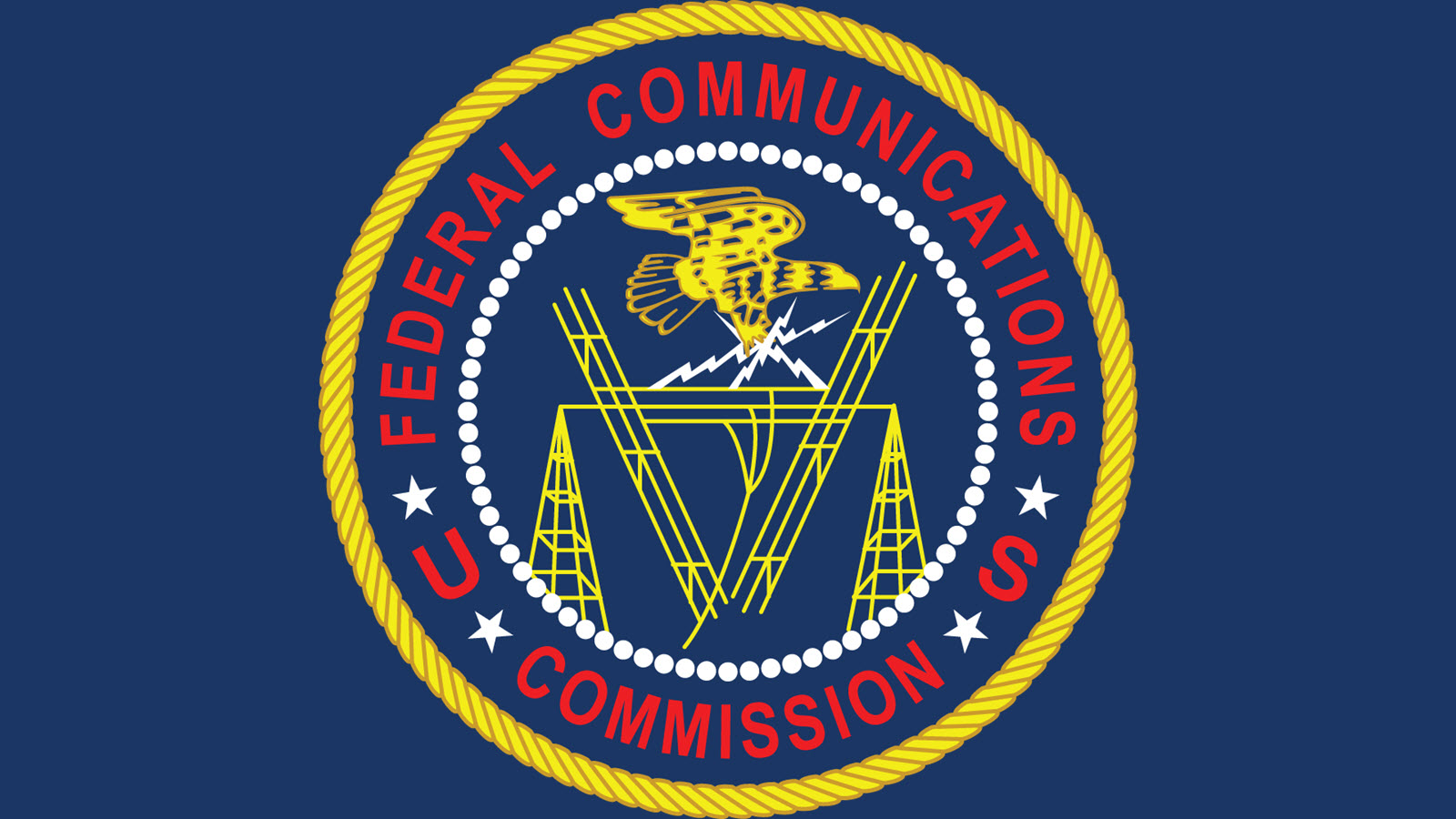FCC Approves $20B Broadband Subsidy Auction

The smarter way to stay on top of broadcasting and cable industry. Sign up below
You are now subscribed
Your newsletter sign-up was successful
The FCC has voted on the new regime for handing out over $20 billion in Universal Service Fund (USF) subsidies for rural broadband over the next decade, money that could go to cable broadband providers as well as telecoms.
The commission voted unanimously, with two partial dissents from Democrats, to launch the Rural Digital Opportunity Fund, which it is calling the next step in closing the digital divide.
The FCC is setting up a two-phase, reverse, descending clock, auction, scheduled for next year. That means carriers will bid on the right to use the funds to build out broadband and voice to unserved high-cost areas, which are generally rural areas, low bid wins.
The first phase of the program will hand out $16 billion for census tracks where there is no service. In the second, $4.4 billion, plus whatever money is left over from phase one, will be available for building out partially served census tracts.
Unlike the FCC's CAF II auction, where price cap carriers got first dibs at building out unserved areas in their footprints, the money will initially be available to all comers, including cable broadband providers.
Cable operators have cheered the auction proposal, including the change from the CAF II auction.
The broadband service provided will have to be at least 25 Mbps downstream/3 Mbps upstream, the FCC's definition of high-speed broadband.
The smarter way to stay on top of broadcasting and cable industry. Sign up below
The item also seeks comment on whether to adopt a tribal bidding credit.
The vote was unanimous, but with partial dissents from the Democrats who suggested the FCC was putting the cart before the horse by not waiting until it had better deployment data and maps--improvements it was voting on in a separate item--before handing out all those billions.
"[T]he decisions we make now will direct funds for broadband for the next decade," said commissioner Jessica Rosenworcel. "So choosing where those funds go for the next ten years without having accurate data is a real problem...We need maps before money. We need data before deployment."
"It appears to me that in making the Rural Digital Opportunities Fund proposal, the FCC is choosing speed to auction over accuracy," said commissioner Geoffrey Starks. "If speed to auction is the primary concern, and I certainly understand the urgency of getting support out to areas that need it the most, then the Commission could have chosen to proceed rapidly, but with a smaller initial budget and a shorter service term to get service out to areas that need it the most while bringing the Digital Opportunity Data Collection that we start today up to speed," he said.
Commissioner Michael O'Rielly generally supported the item. He said an auction was better than the "beauty contest" of a grant program and was probably the best way to stretch scarce dollars as far as possible. But he said he was not in favor of a tribal credit, given that there were both poor and not poor tribal areas and the FCC should not treat them as though they were the same.
FCC chair Ajit Pai, who announced the planned fund at a White House event with President Trump, pointed out that he had announced his vision for the fund alongside the President, in part because it was the biggest step yet to closing the digital divide.
He said that, quite simply, the FCC was proposing to connect more Americans more cost-effectively to faster broadband than any other USF service has ever done, paving the way for business start-ups, telehealth and precision agriculture.
As to waiting for the separate broadband maps, which will ultimately be used for the fund, before launching the effort, Pai likened that to not giving anyone medicine until everyone who needed it had been identified. "There is simply no reason to delay action to provide broadband to Americans we know don’t have access to it," he said.
Contributing editor John Eggerton has been an editor and/or writer on media regulation, legislation and policy for over four decades, including covering the FCC, FTC, Congress, the major media trade associations, and the federal courts. In addition to Multichannel News and Broadcasting + Cable, his work has appeared in Radio World, TV Technology, TV Fax, This Week in Consumer Electronics, Variety and the Encyclopedia Britannica.

